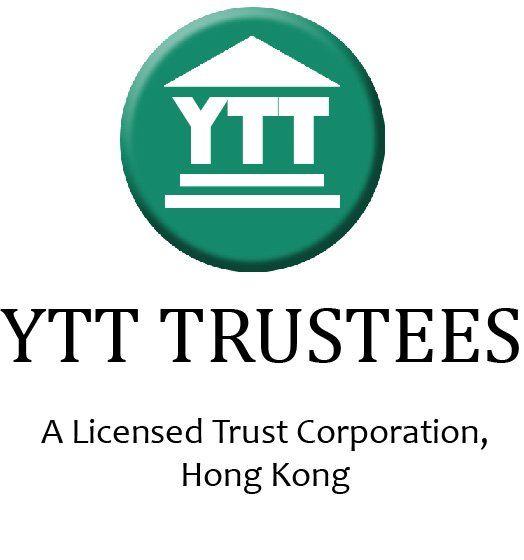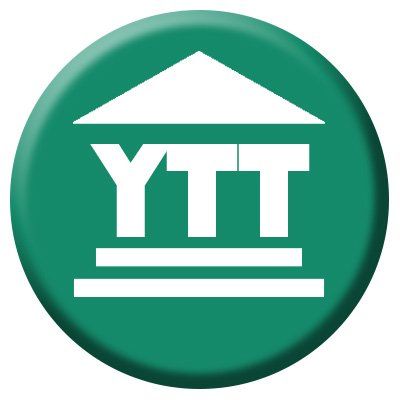Estate Administration
When a person dies, all of his or her possessions – real estate, money, stocks, personal belongings, etc. – become a part of his or her estate. Estate administration refers to the process of collecting and managing the estate, paying any debts and taxes (although Hong Kong has abolished Estate Duty, the Deceased may owe income tax or other taxes), and distributing the remaining property to the heirs of the estate. In Hong Kong, we call the heirs "beneficiaries". The heirs of an estate are determined by will, and if there isn't a will, by the intestacy (which means dying without a will) laws of Hong Kong.
Cross-border Assets
Estate Administration would become more complex if the Deceased died with assets in Hong Kong and in oversea countries. This would require extra probate or administration processes. There will also be questions of the succession laws applicable to the administration and distribution of the assets. In that case, an estate may need to be administered in more than one place/countries. Generally, the place in which the person usually lived in at the time of death is where the estate goes through probate. However, real estate is governed by the laws of the country it situates. Therefore, real estate in another country might have to be probated in that country.
We are capable of giving the Deceased's family members advice and information on how to administer an estate, what being an executor's duties, and what happens to a person's assets and debts after his or her death.

